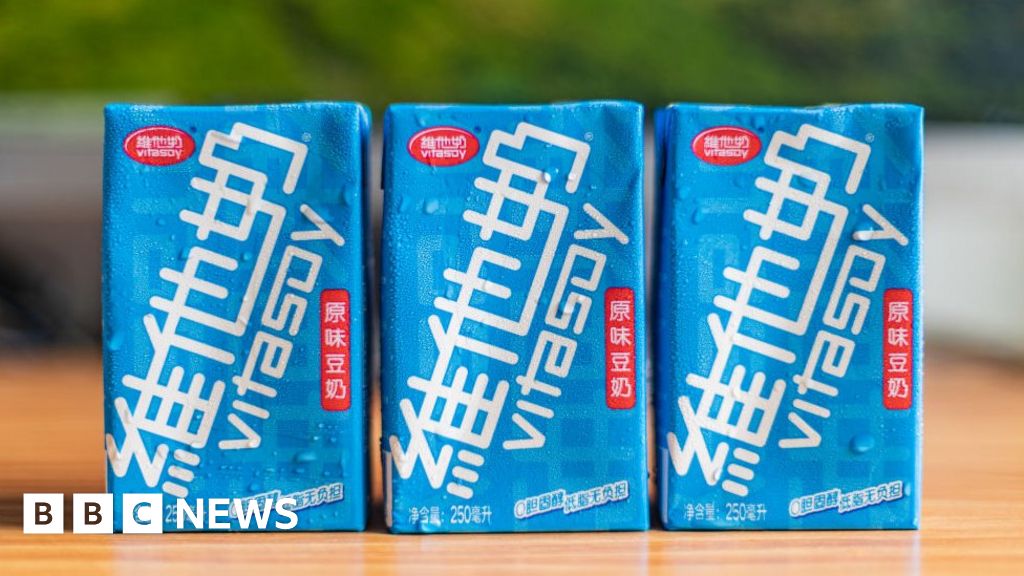image credit: Reuters The stock of a Hong Kong beverage company has dropped to its lowest level in history, after calls in China for a boycott of the company. Vitasoy’s stock dropped as much as 14.6 percent in a single day, the greatest decrease since the company went public in 1994. The calls were made in reaction to a note that expressed condolences to the family of a guy who attacked a Hong Kong police officer. On the anniversary of the city’s turnover from British to Chinese administration, a Vitasoy employee attacked the officer and then killed himself. It was also the Chinese Communist Party’s 100th anniversary. The intentions of the attacker are unknown, but investigators have classified him as a “lone-wolf domestic terrorist.” According to reports, the police officer’s lung was perforated. The dead was a director of Hong Kong’s Vitasoy unit, according to a report by Chinese state media outlet the Global Times. Vitasoy stated in a statement on the Chinese social media site Weibo on Saturday that a staff member had circulated a “very improper” message without permission. It went on to say that the memo didn’t get “official approval,” but was “authored and forwarded by an employee in private,” and that it reserved the right to take legal action against the individual involved. “The Vitasoy Group sincerely apologizes for any inconvenience or dissatisfaction this has caused. We believe in the long-term prosperity, stability, and development of Hong Kong “Vitasoy explained. The message sparked a barrage of online calls for a boycott of Vitasoy, which derives roughly two-thirds of its sales from mainland China. The hashtag #Vitasoygetoutofthemainland had received over 100 million views by Sunday. image courtesy of Getty Images The stabbing was described by Hong Kong authorities as an attempted murder and a lone wolf terrorist strike. They also claimed that a computer confiscated from his home proved the attacker had been “radicalized,” however no further information regarding the purported radicalization have been provided. On Sunday, Hong Kong authorities cautioned that campaigning for people to mourn the attacker was the same as “supporting terrorism,” and they chastised parents who carried their children to the memorial service. The incident occurred on July 1st, which is a major date in Hong Kong and mainland China. At times, the relationship between Hong Kong’s police force and its citizens has been strained. During pro-democracy demonstrations in 2019, police were accused of using excessive force in dealing with demonstrators. According to one study, Hong Kongers’ approval of the police has decreased from 66.9% in 2017 to 36.8% in 2020. After the Xinjiang boycott, H&M has seen a drop in sales in China. Nike’s CEO defends the company’s Chinese operations. Can Western brands recover from the backlash in China? In China, consumer boycotts are not uncommon. H&M, the Swedish fashion giant, saw its sales in China drop last week, months after it was the target of a Chinese boycott. In the second quarter of 2021, sales in China were down 23 percent in local currency compared to the same period previous year. Several brands, including H&M, have expressed concern about suspected human rights violations against Uyghur Muslims in China’s Xinjiang province. National Security Law of Hong Kong China Stock exchanges Hong Kong is a city in Hong Kong./n
Read MoreVitasoy: Beverage maker’s shares plunge after China calls for boycott
2021-07-05T06:18:30-04:00July 5th, 2021|





